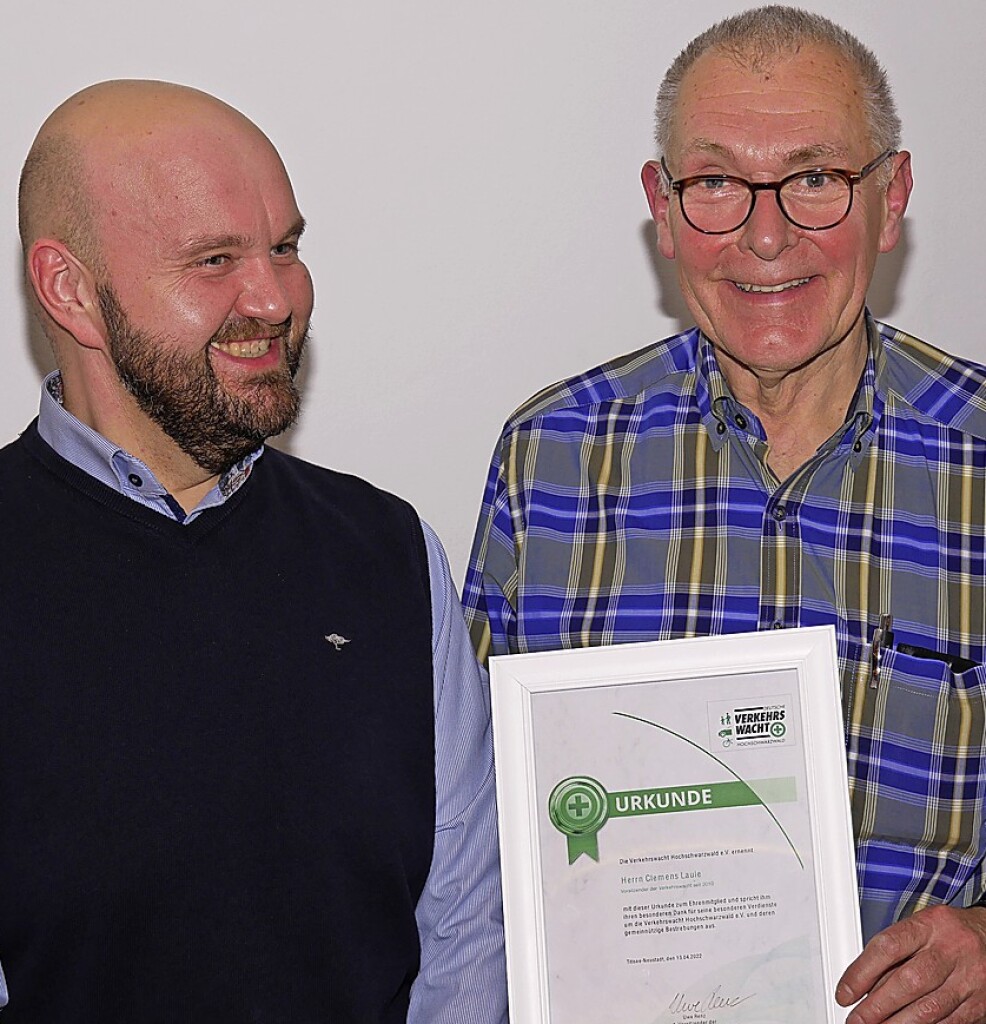A strange pattern becomes clear when following Norwegian climate policy. Norway can regularly be slaughtered in important areas, without it seriously appearing to threaten the credibility of changing governments in this area.
Friday presented The Organization for Economic Co-operation and Development (OECD) conducted a major review of Norwegian climate policy, the first from the OECD since 2011. It could offer both sweet and sour drops. Norway receives praise and recognition for being a pioneer in climate policy in many ways. We were early in introducing pricing of carbon dioxide emissions, and now have a plan to increase this to NOK 2,000 per tonne by 2030. Two out of three new cars are zero-emission vehicles, and the plans to develop a market for emission-free air transport are exciting and can be a model to follow. The waste management is excellent. The air in Norwegian cities is among Europe’s cleanest, the water quality is very good.
But then there were the challenges.
We’re just on to cut 20 percent in emissions by 2030, while the target is 50-55 percent. We are the nation in the world with the highest material consumption, and are quite miserable on the circular economy – also compared to other countries. We use and throw. Agriculture is exempt from carbon pricing, and although biodiversity is high, it is under strong pressure. The pace of development and encroachment on nature is dangerously high.
In addition, we get shut up for the restructuring. The oil tax package approved by the Storting during the pandemic is particularly highlighted. The OECD emphasizes the startling fact that the tax benefits for the oil industry extend until 2028, even though the oil boom came soon after the decline early in the pandemic. It is still possible to adjust, says the OECD, which thus joins the ranks of critics that the majority in the Storting refuses to listen to.
Minister of Climate Espen Barth Eide received the report yesterday, and thanked for the recognition and a “fair” criticism of the shortcomings in Norwegian politics. Both this government and the previous one have not done enough to strengthen climate policy, but have at the same time made sure to equip themselves with climate ministers with high credibility. They act as a kind of lightning arresters. Climate and environmental organizations, and the business community – which is increasingly calling for more ambitious climate policy, can be reassured that the climate minister who receives the critical reports agrees, and after all actually will do much more.
It helps little as long as Norwegian governments as a whole do not adopt stronger policies, or have the muscle to get it through in the Storting.
List of criticisms from the OECD this time is overall close to a slaughter in crucial areas. It should be the impression left, not that Norway has skilled climate politicians who do the best they can.
–


